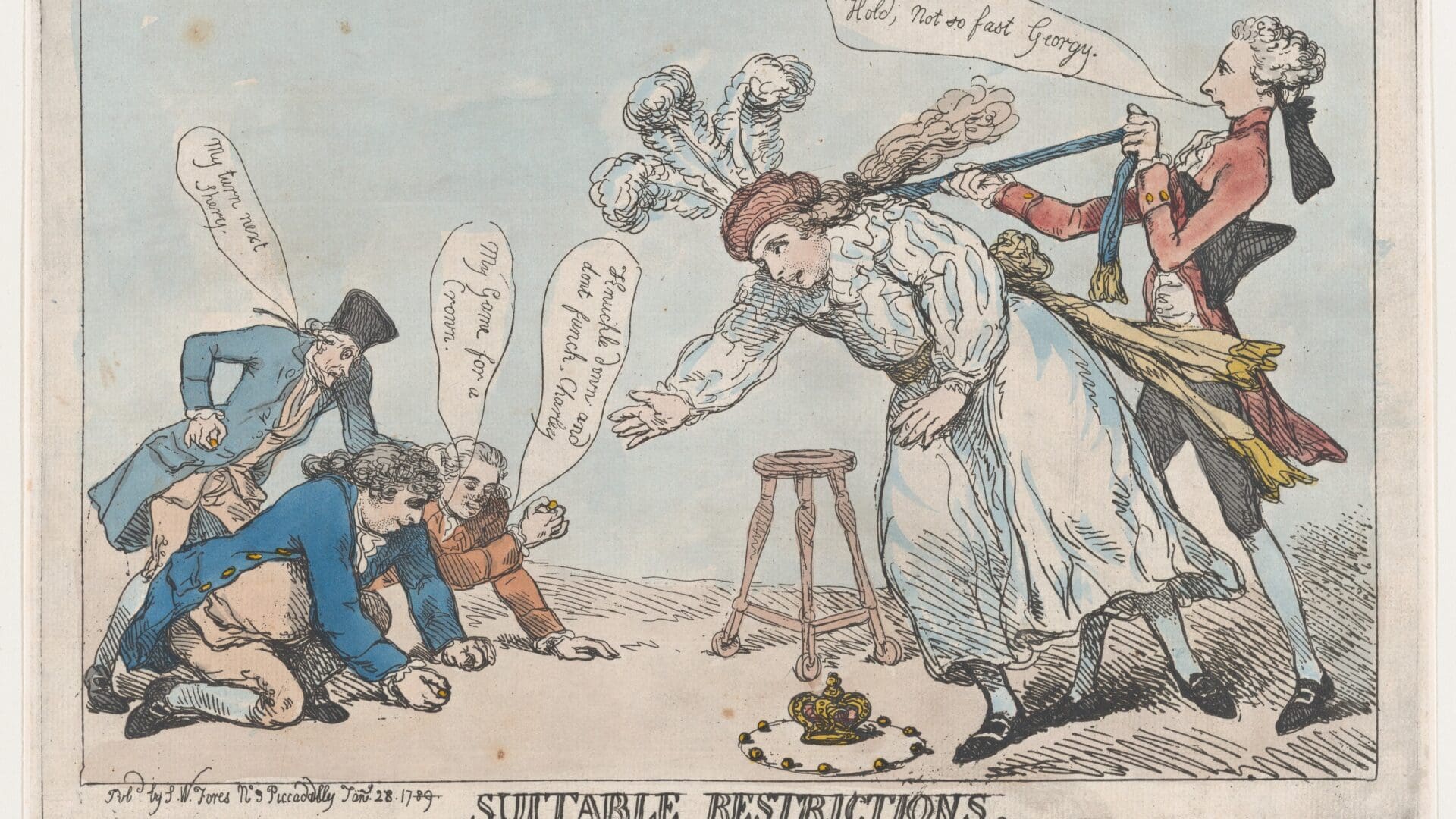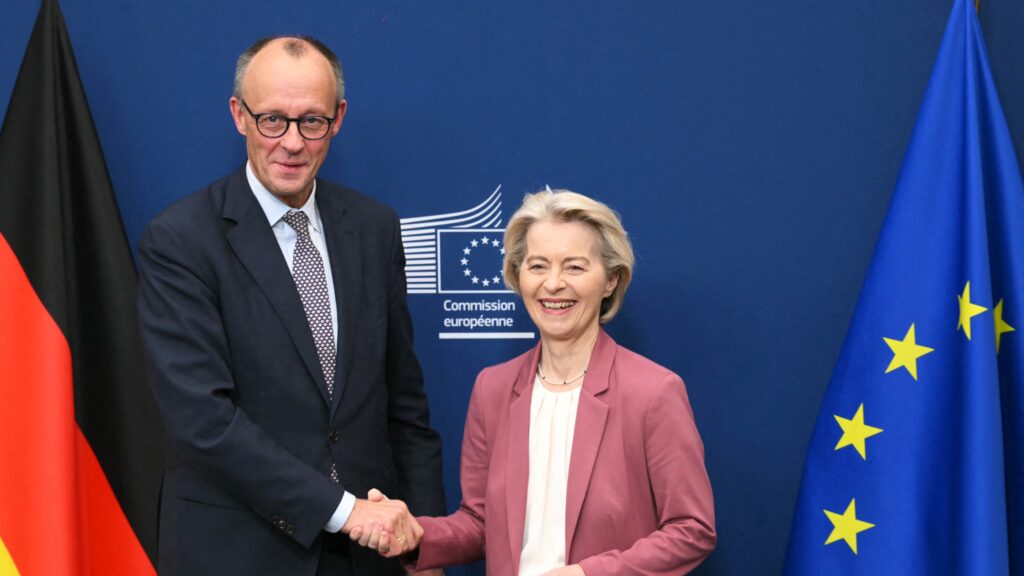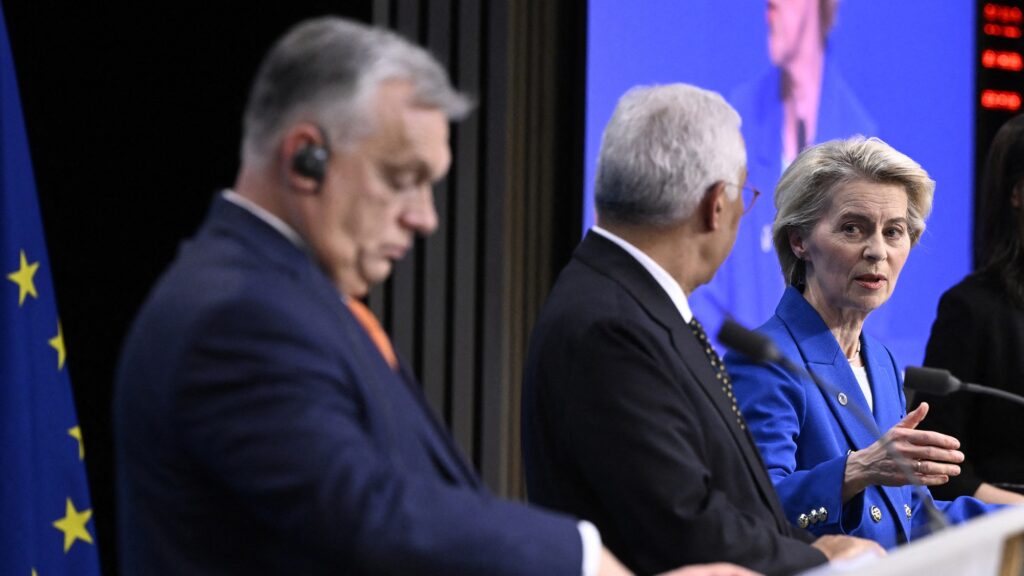Authority in our time has a dual, both positive and negative connotation. On the one hand, when someone is called an authority or a person with authority, it usually means something positive rather than negative. On the other hand, a significant number of political scientists associate the concept of authoritarianism with the lack of freedom. It may seem paradoxical that while the general concept of authority in public discourse is more often linked to the concept of legitimacy, established authority—anyone who is considered ‘an authority’ in philosophy, literature or art is considered to be ‘part of the canon’—in politics, the illegitimate exerciser of power is usually considered an ‘authoritarian’ exerciser of power. As, for example, a book intended as a general introduction to political philosophy puts it:
‘Political scientists have outlined elaborated typologies of authoritarianism, from which it is not easy to draw a generally accepted definition; it seems that its main features are the non-acceptance of conflict and plurality as normal elements of politics, the will to preserve the status quo and prevent change by keeping all political dynamics under close control by a strong central power, and lastly, the erosion of the rule of law, the division of powers, and democratic voting procedures.’[1]
This definition, in addition to warning of the dangers of possible excesses of authority, does not explain what political authority actually means and whether some degree and form of authority may be necessary for the operation of the state in ‘non-authoritarian systems’ or not. The concepts of authority and power are undoubtedly closely related. In the modern use of English, for example, the meaning of the word authority includes dual meanings, authority and power. At the same time, we have a separate term: ‘power.’ Additional meanings of power also include ability, opportunity, and talent, but these are all absent from authority, which can however mean expertise, jurisdiction and entitlement.
The English termauthority, similarly to the Hungarian term ‘autoritás’, originally comes from the Latin word ‘auctoritas’. In ancient Rome, auctoritas mostly referred to a person’s social prestige and, in terms of its consequences, to the extent to which someone is able to influence events according to their own interests and will. Politically, in Republican Rome, auctoritas was connected with the authority of the senate (auctoritas patrum), as opposed to potestas (the English word power was later derived from this) and imperium, which meant the power of the senate of the Roman people and its magistrates: Cum potestas in populo auctoritas in senatu sit. (Cicero: De legibus 3. 28.) In other words: as long as the power rests in the people, the authority belongs to the senate. In the imperial era, the laws speak of the auctoritas principis, the origin of which can be found in chapter 34 of Augustus’s Res Gestae: here, the princeps describes that the senate conferred authority on him because of his exceptional merits. Augustus even notes that he surpassed his fellow citizens not because of the power conferred on him, but the earned authority he possessed.[2]
It is perhaps not an exaggeration to state that the ambivalence regarding the evaluation of authority, which is characteristic of the political and social thinking of our time, may also be related to the specific nature of its dominant political regime: democracy.
Democracy constantly disputes authority, but still cannot do without it.
Democracy introduces the validity of the majority decisions, among other things, in order to avoid the authoritarian exercise of power by a single person or a small circle of persons. However, since it always reflects the will of just a part of society, the majority principle is almost never able to awaken the intuition of authority that everyone would accept by convention. Thus, in our time, in addition to the general weakening of the principle of authority, we can even speak of ‘democracies without authorities.’ A government that lacks the real authority has very little ability to manage society’s affairs successfully. Democracy does not like to emphasize authority, as it believes that it is easy to abuse with it. But do we know enough about the nature of modern democracy to definitively answer the question: is the principle of democracy compatible with authority or not?
In today’s use of language, an ‘authoritarian system’ mostly denotes some kind of dictatorship or a regime which can best be described as a ‘semi-dictatorship’. What Max Weber described as ‘charismatic authority’ can be mostly applied to this form of government. However, in the current political philosophical discourse, dictatorship has nothing to do with the legitimate exercise of power. While democracy and the rule of law as well as legal certainty mean the same thing, ‘dictatorship’ means all the ways of exercising power that lack them.
However, it is by no means self-evident that modern dictatorships represent something that is the sui generis opposite of democracy. If they do show some kind of ‘reaction to democracy’, then we could rather say that they represent some totalitarian trend of the revolutionary ideology of modern democracy. And in this sense—as ‘right-wing liberal’ Kuehnelt-Leddihn rightly emphasized—the Bolsheviks were actually right to speak of a ‘people’s democracy’ (although this term in itself violates the elementary rules of grammar, cf. ‘the people’s rule of the people’), the Nazis of a ‘Germanic democracy’ (Goebbels), the Italian fascists of an authoritarian/totalitarian democracy (Gentile), or the Spanish Falangists about an ‘organic democracy.’[3]
Direct control over power can be relatively large in a democracy, but this certainly does not prevent power from being exercised arbitrarily. This does not change if, following Raymond Aron, we distinguish between ‘liberal’ and ‘totalitarian’ democracies. Referring to the concept of the rule of law, we cannot forget that the concept of law itself becomes relative and self-justifying if its source is only a fictitious sovereign, the ‘will of the people’, in the name of which anything and the opposite of anything can be carried out.
In today’s democracy, authority is in crisis because real authority cannot follow from mere quantity. Quantity is always relative, and the thing what is ‘never identical to itself’ cannot awaken the intuition of true respect, true authority, and true supremacy. A real authority is someone to which, as Edmund Burke writes, one can ‘freely and proudly submit’ himself. The real authority would also require the recognition of the legitimacy of a transcendental sphere, beyond the world of relativity. If the goal of the state is in itself, that is, if the state does not show beyond itself, then such a transcendence is unthinkable.
Such a justification of authority is undoubtedly related to the recognition of a principle beyond matter: God, or a ‘supernatural order’; that is, the essence and justification of the state is not found in itself, but in a higher, transcendental idea. If the Platonic idea of ‘Good’ directly expresses the supernatural order, then according to the Greek philosopher everything that leads to ‘Good’, that is, to God, the source of existence, is itself good.
[1] Furio Cerutti, Conceptualizing Politics: An Introduction to Political Philosophy. Routledge, New York, 2017, 80.
[2] Res Gestae divi Augusti. In. Görög–római szöveggyűjtemény. Osiris, Bp., 2011. (ed.) György Németh. 246-251.
[3] Erik von Kuehnelt-Leddihn, Leftism, From de Sade and Marx to Hitler and Marcuse. Arlington House Publishers, New York, 1974., 174.







